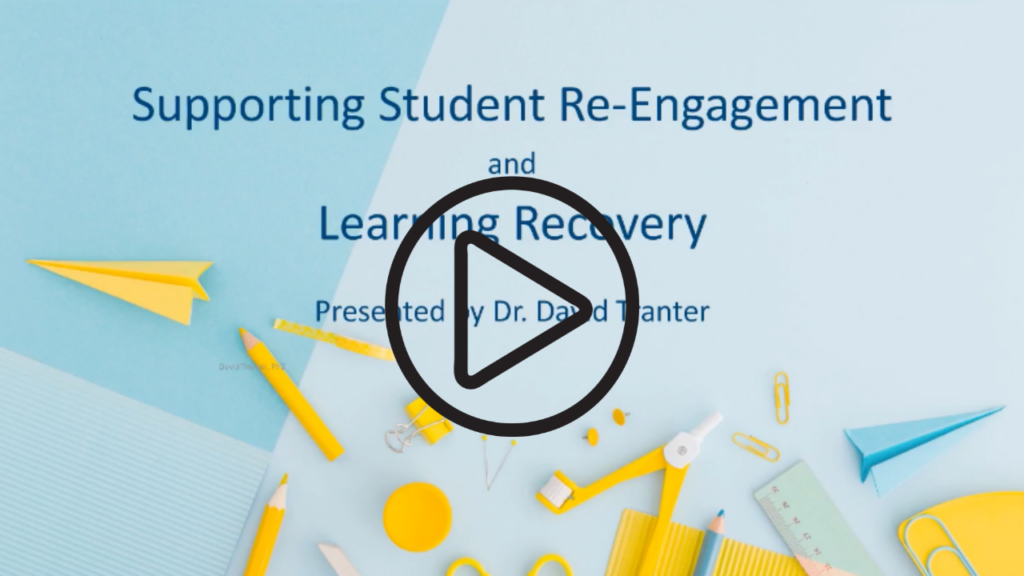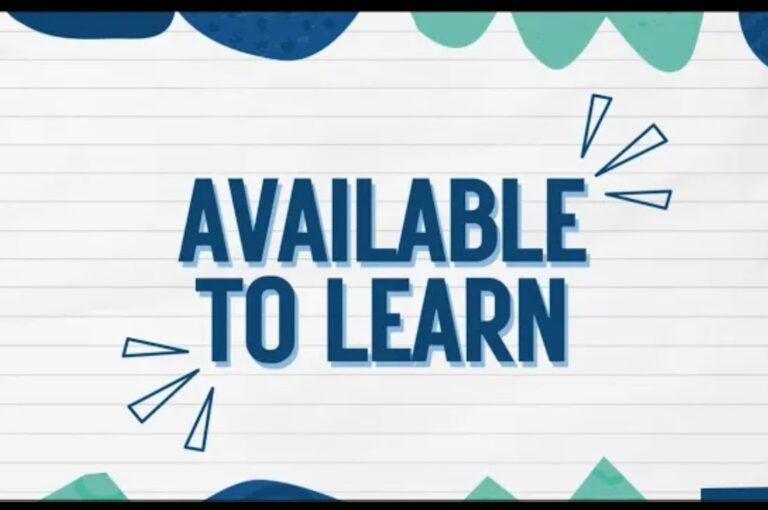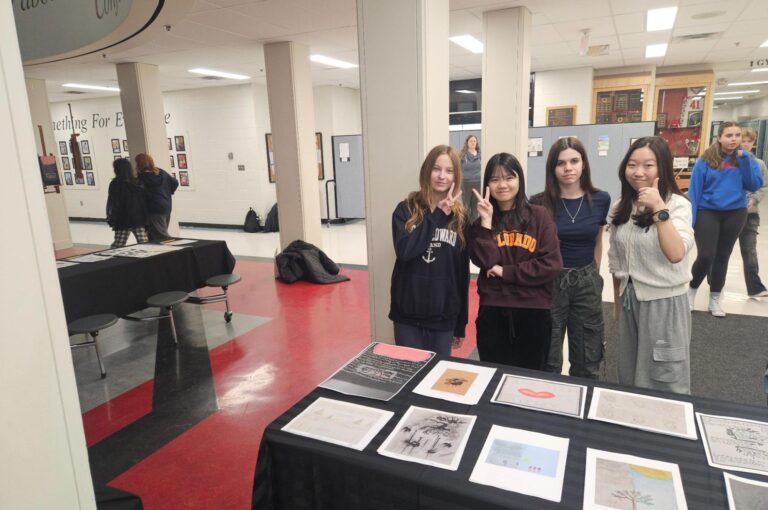Dr. David Tranter, co-author of The Third Path: A Relationship–Based Approach to Student Well-Being and Achievement offers educators an approach to supporting students as they return to school this fall that is both informative and practical. He believes that this school year is an opportunity to enhance student’s resilience as they learn about themselves and others so that the pandemic experiences they have had “count’ for something. In his webinar, Dr. Tranter explains the challenges students may face coming back to school after more than a year of disrupted learning.
Try to worry less about the past and future. Focus on connecting in the moment.
Dr. David Tranter, PhD

Although the stress response is different for everyone, and varies from day to day, understanding the possible factors that might underlie a student’s emotional and behavioral presentation can guide us in to responding effectively.
Example:
| TYPE OF STUDENT STRESS | *SCHOOL/EDUCATOR RESPONSE |
| This comes from the stress of adjusting to returning to school, to daily structure, and heightened academic and behavioural expectations. Students vulnerable to this stress may include those on opposite sides of the academic performance spectrum who may have experienced the disruption in learning as a welcome reduction in the pressures to perform at or above grade level expectations. | Avoid “Loss of Learning” talk which emphasizes deficits and starting from a negative focus. Instead focus on re-instilling a Love of Learning. |
For more samples please see the handout here.
Dr. Tranter’s recommendations align with the core conditions that are the cornerstone of his relationship- based approach to student achievement. The goal is not to choose between achievement and well-being in terms of our time and energy as educators, but rather to merge achievement with well-being as they are mutually supportive of each another.
Dr. Tranter unpacks common misconceptions about student achievement and well-being to inform our thinking and increase our self-awareness of how we might be talking to students and parents about these concepts. Quoting Dr. Bruce Perry, he emphasizes, “People, not programs, change people.” As caring teachers and other school staff, we need to try to worry less about the past and the future and connect with students in the moment. We can help students know themselves and turn their experiences (good or bad) into opportunities for growth. Most importantly, we should have faith in the power of healthy relationships in the classroom and school setting.
As long- term educators, we highly recommend taking an hour of your time to watch this valuable webinar as we both felt it instilled much optimism for the school year ahead.





